Questions to Ask When Buying New Houses for Sale in Edmonton
Buying your first home is an exciting milestone, but it also comes with a lot of important questions. Asking the right questions is crucial to making an informed decision. As you work towards buying new houses for sale in Edmonton you want to ensure that the purchase fits well with your financial situation, family needs, and future plans. Whether it’s sitting down and researching the market or crunching numbers on a spreadsheet, the right questions will guide you through one of the biggest decisions of your life.
So, what should you ask when you’re starting your homebuying journey? The basic questions are often the most important. Let’s explore the key inquiries to make as you start the process of buying a new home.
Questions to Ask in the Early Stages of Buying New Houses for Sale in Edmonton
- Will I Qualify for a Mortgage?
Before you start house hunting, it’s crucial that you get pre-approved for a mortgage. This step gives you a clear idea of how much you are able to borrow and the interest rate you can expect. Lenders generally take into account factors such as your income, employment status, credit score, down payment amount, stress test results, and debt service ratios (DTI ratios). Before you get pre-approved for a mortgage, you may want to consider improving your financial situation. This can be done by paying off debt, consolidating debt, and acquiring a stable work position.
- What’s My Budget?
Knowing your budget is fundamental. The Canadian Real Estate Association (CREA) reported that the average home price in March 2024 was nearly $700,000. However, prices can vary widely by location. For example, Vancouver’s average exceeds $1 million, while Edmonton’s sits just below $500,000. Understanding your budget helps determine the type of property and location that you can afford. It’s worth noting that Edmonton remains one of the most affordable major cities in Canada. This is great news for aspiring Edmonton homebuyers!
- Can I Afford to Put 20% Down on My Home?
Having a down payment of 20% or greater can streamline the homebuying process. It allows you to borrow less, pay lower interest rates, and potentially avoid mortgage insurance premiums. The Canada Mortgage and Housing Corporation (CMHC) will often enforce additional fees for buyers with low down payments. So, if you have 5-15% saved for your down payment, be prepared to pay extra. More information about minimum down payment amounts in Canada can be found on the federal government’s online mortgage information centre.
Looking Deeper Into the Costs of Homeownership
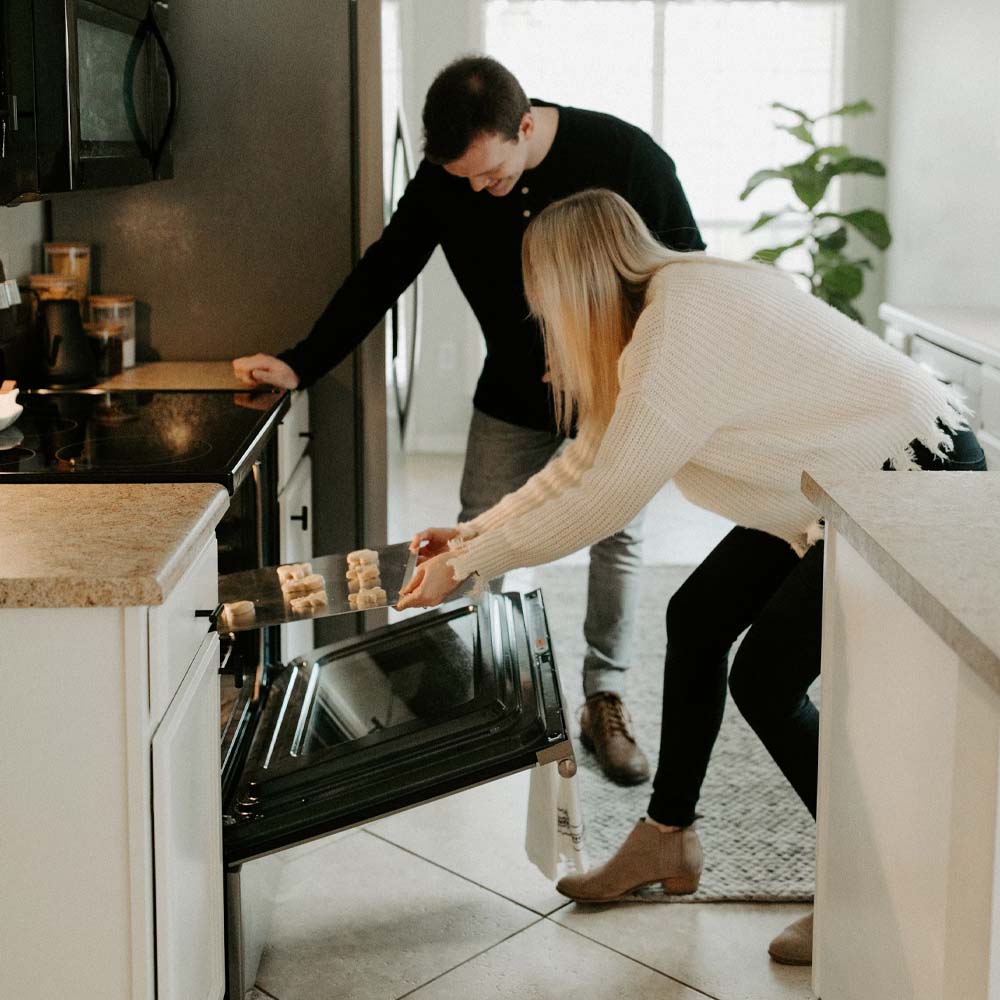
- Have You Accounted for the Hidden Costs of Homeownership?
In addition to the purchase price and mortgage, there are several hidden costs associated with buying a home. These may include land transfer taxes, GST/HST, title insurance, land surveys, legal fees, utility hook-ups, moving expenses, and potential condo fees or mortgage default insurance. Beyond these, there are also home maintenance costs, which often get forgotten during the buying process. Some examples include yard care, repairs, and unexpected replacements (like a new roof or HVAC system). These costs can fluctuate, so having a financial buffer is a must.
- Do I Need a Home Inspection?
Many homebuyers often skip getting a home inspection. While this may seem like a harmless choice, it can have serious consequences that leave you reeling in buyer’s remorse. A thorough home inspection is not something you want to opt out of. Especially, when finalizing a purchase agreement. While it involves an additional cost, a professional inspection can uncover hidden issues with the property’s structure, systems, or major appliances. This knowledge empowers you to negotiate repairs or price adjustments with the seller. Moreover, it can also provide you with a legally sound reason to back out of the deal.
- How Old Are the Major Systems and Appliances?
Understanding the age and condition of major systems and appliances (like the roof, HVAC, water heater, and kitchen appliances) is a must. Newer components typically mean fewer immediate maintenance expenses. On the other hand, older ones may require costly repairs or replacements sooner. The last thing you want when moving into a new home is to have to replace large household components. As such, it is important to do your due diligence and find out how old each system is inside the home.
Contact the RE/MAX Elite Team Today!
For more information about buying new houses for sale in Edmonton, contact us today! We’d be happy to help you find a well-suited property in this fastly developing city. Set up a meeting with one of our experienced REALTORS® and discover how to achieve your 2024 real estate goals. Be sure to reach out to us with any questions about Edmonton real estate for sale and stay tuned to our blog for more home-related content. We look forward to working with you in the near future!



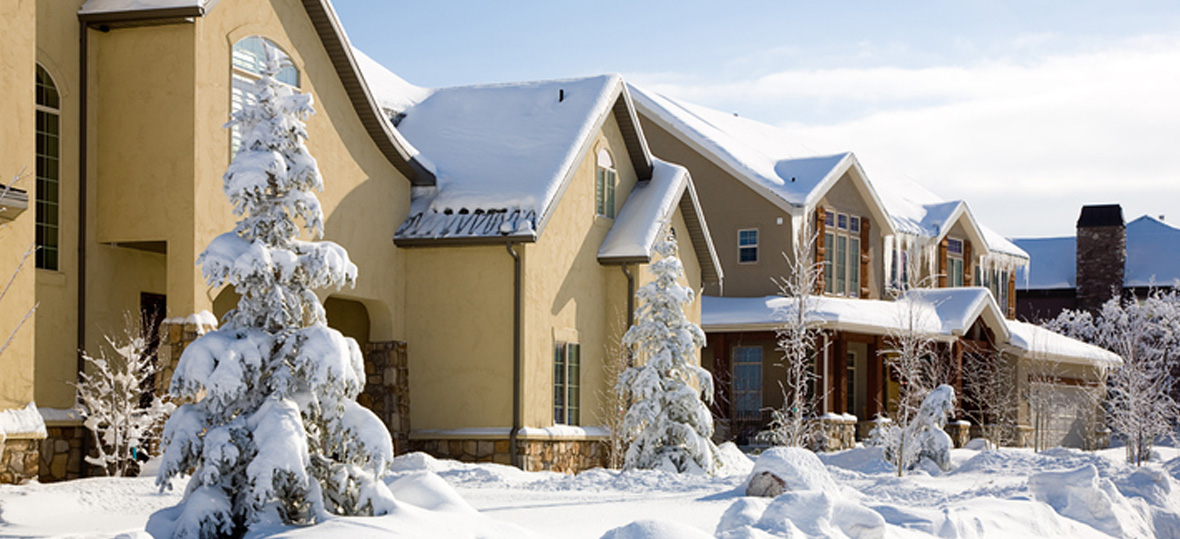


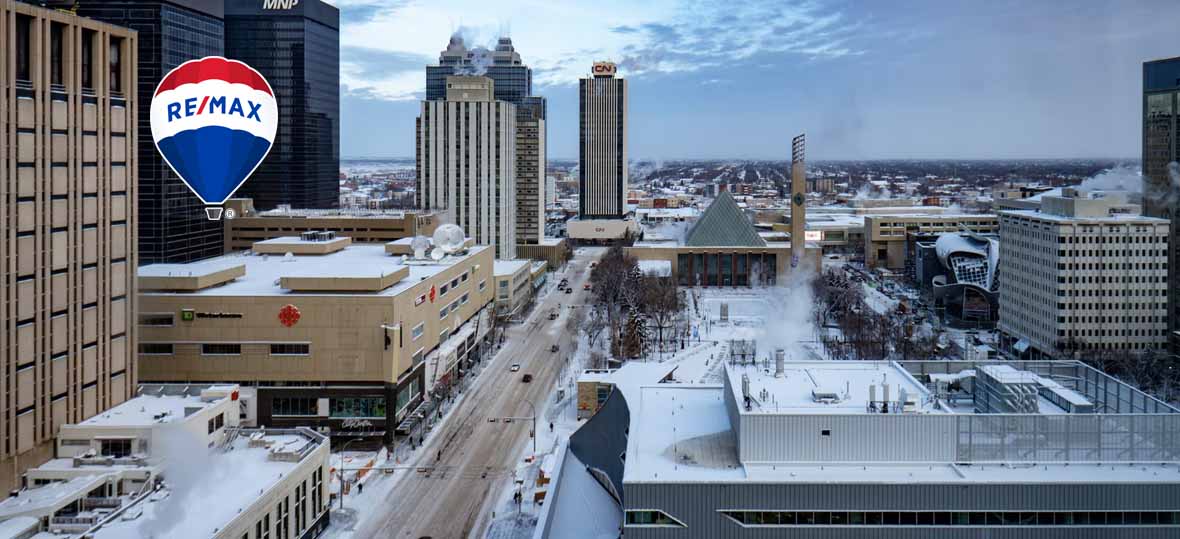
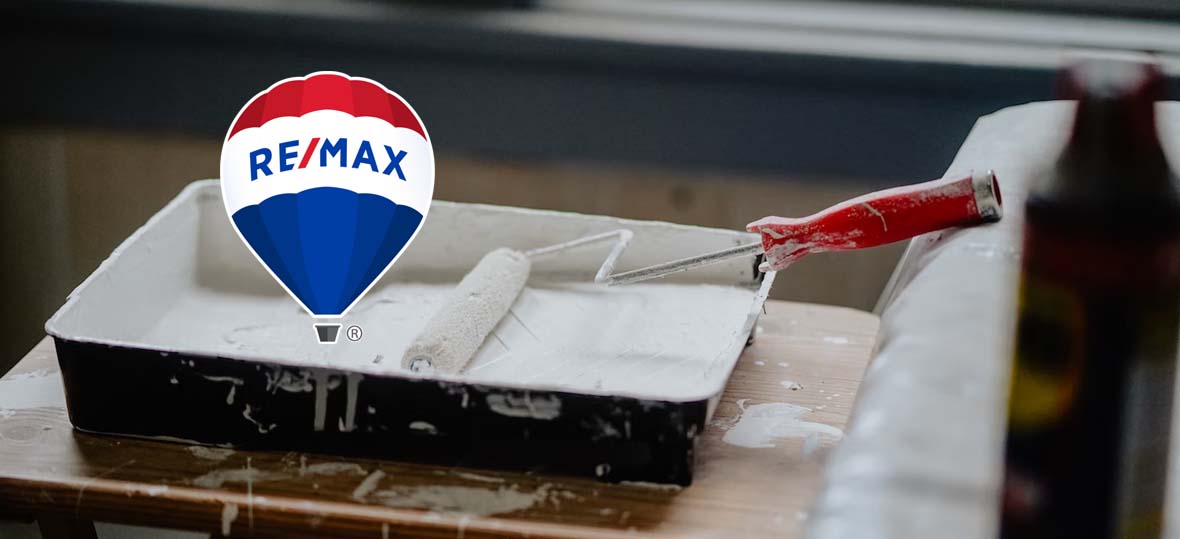
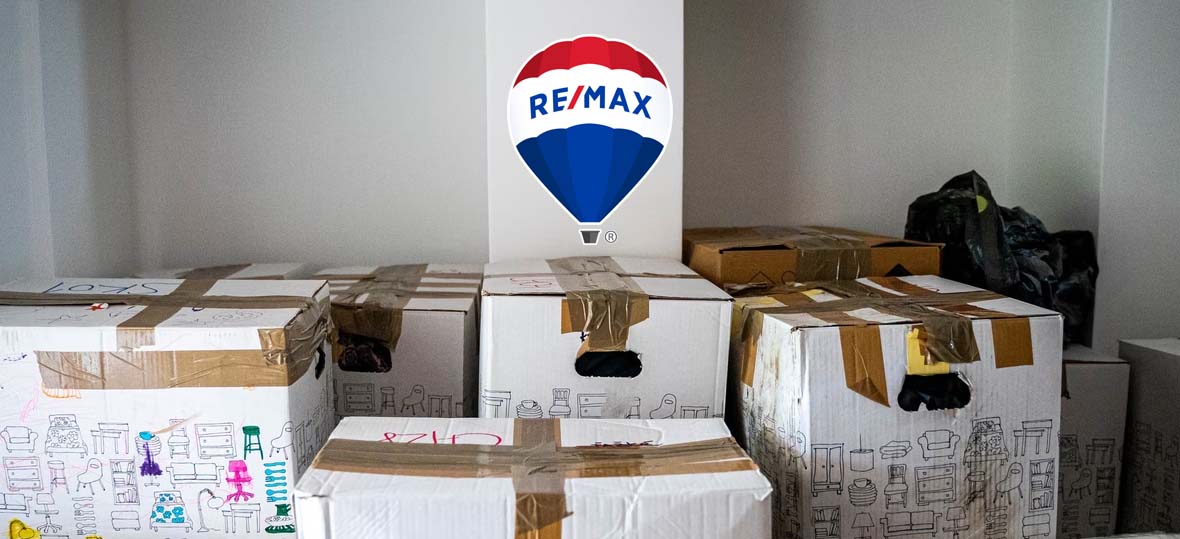
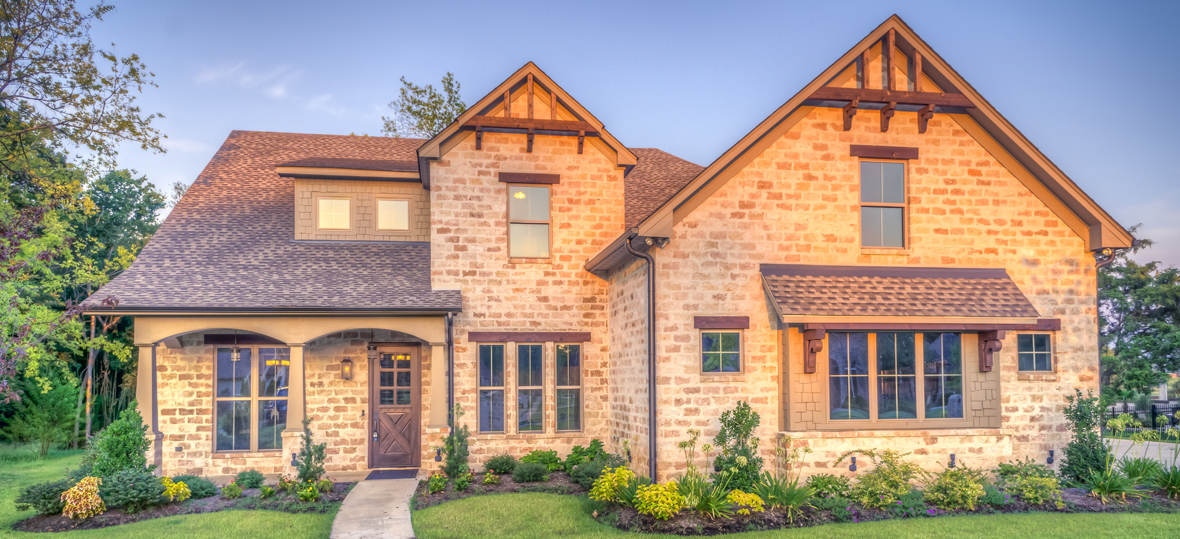
 Address: 8104-160 Ave
Address: 8104-160 Ave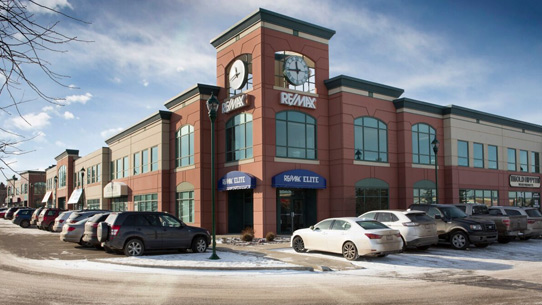
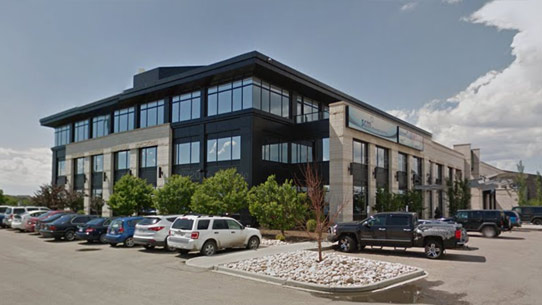 Address: #302 5083 Windermere Boulevard SW
Address: #302 5083 Windermere Boulevard SW

Leave a Reply
Want to join the discussion?Feel free to contribute!